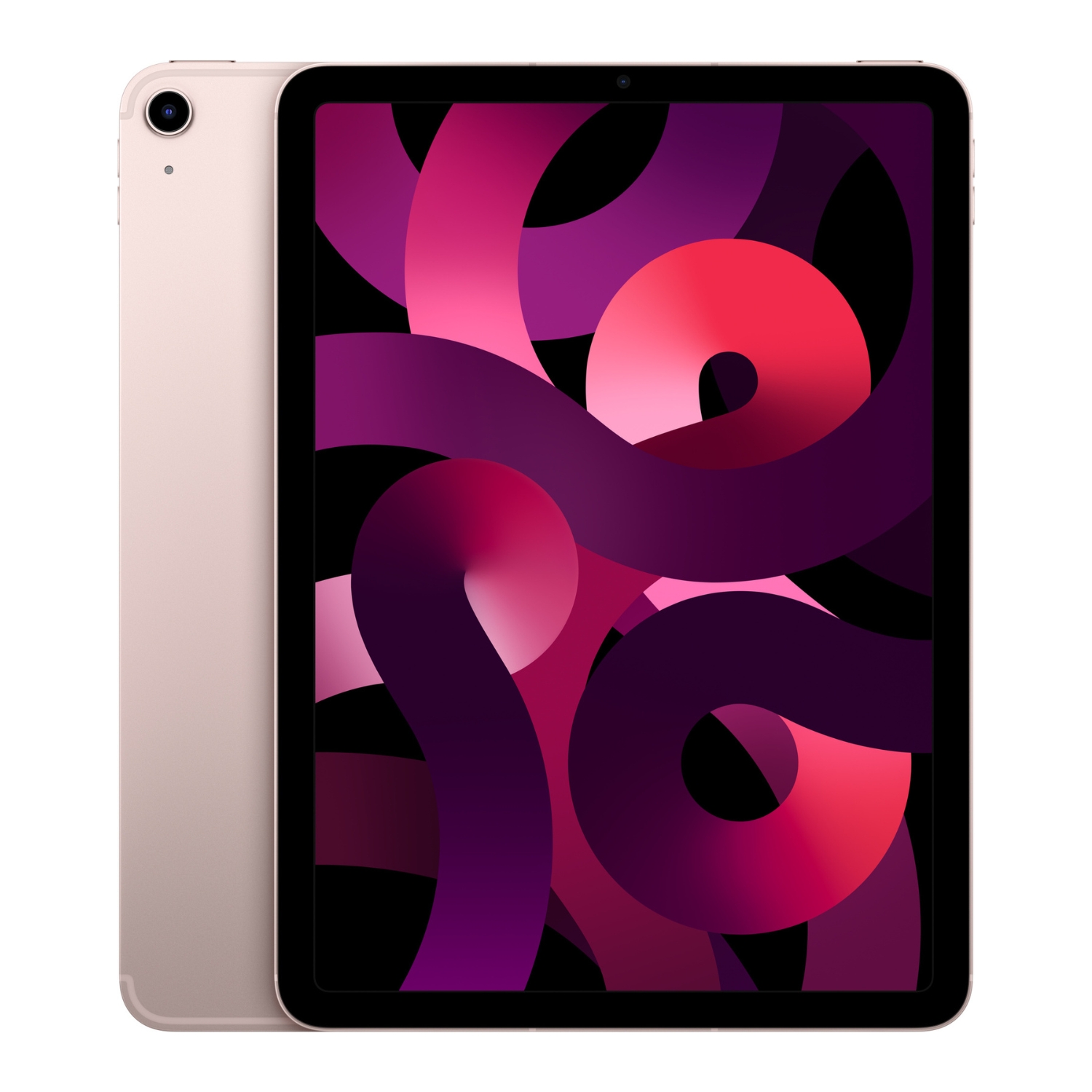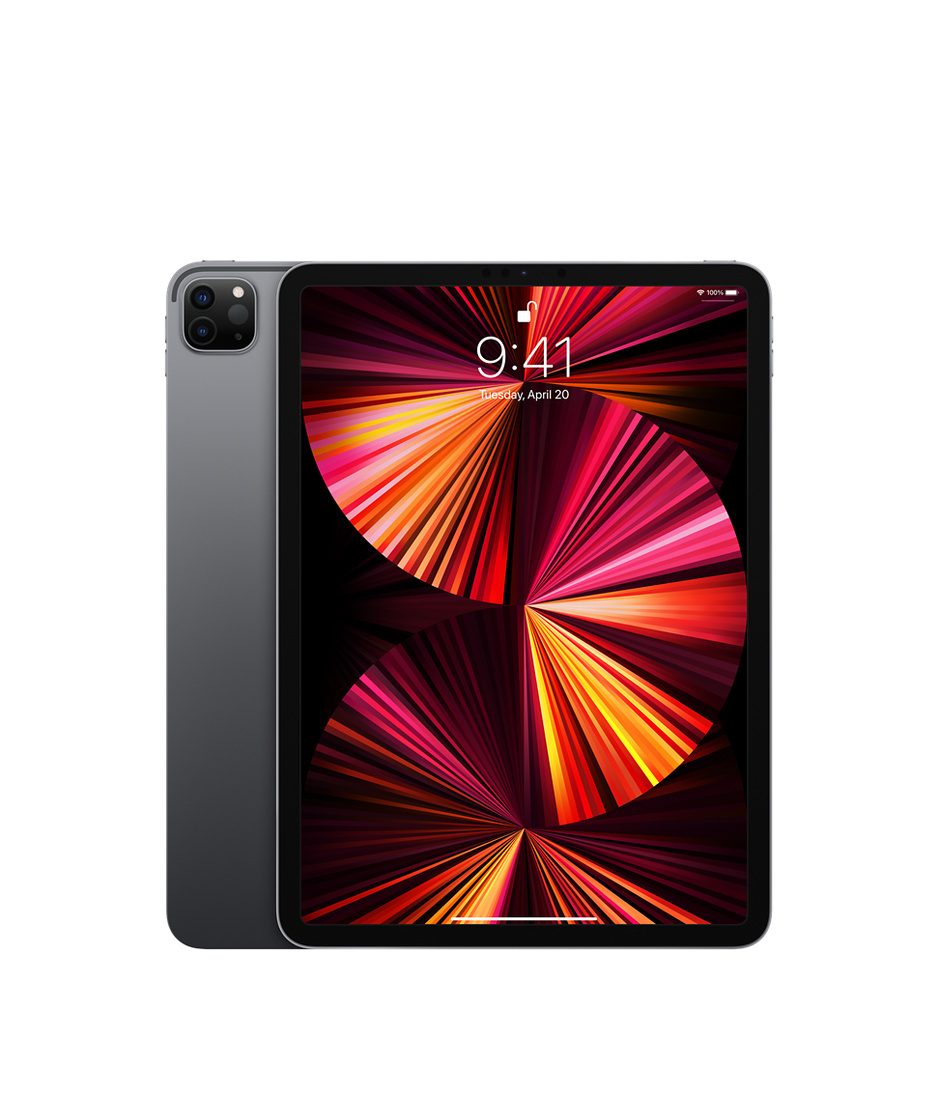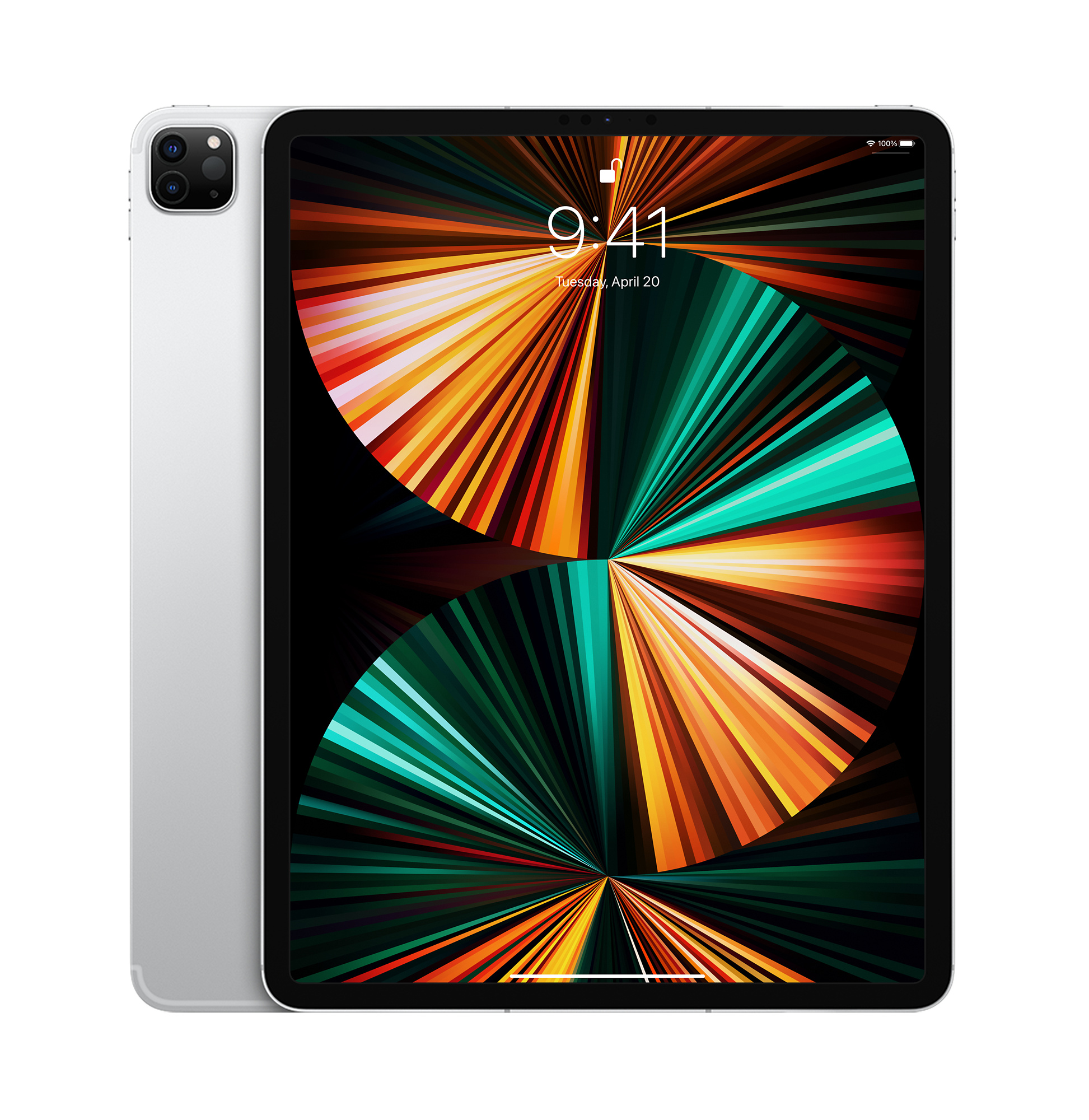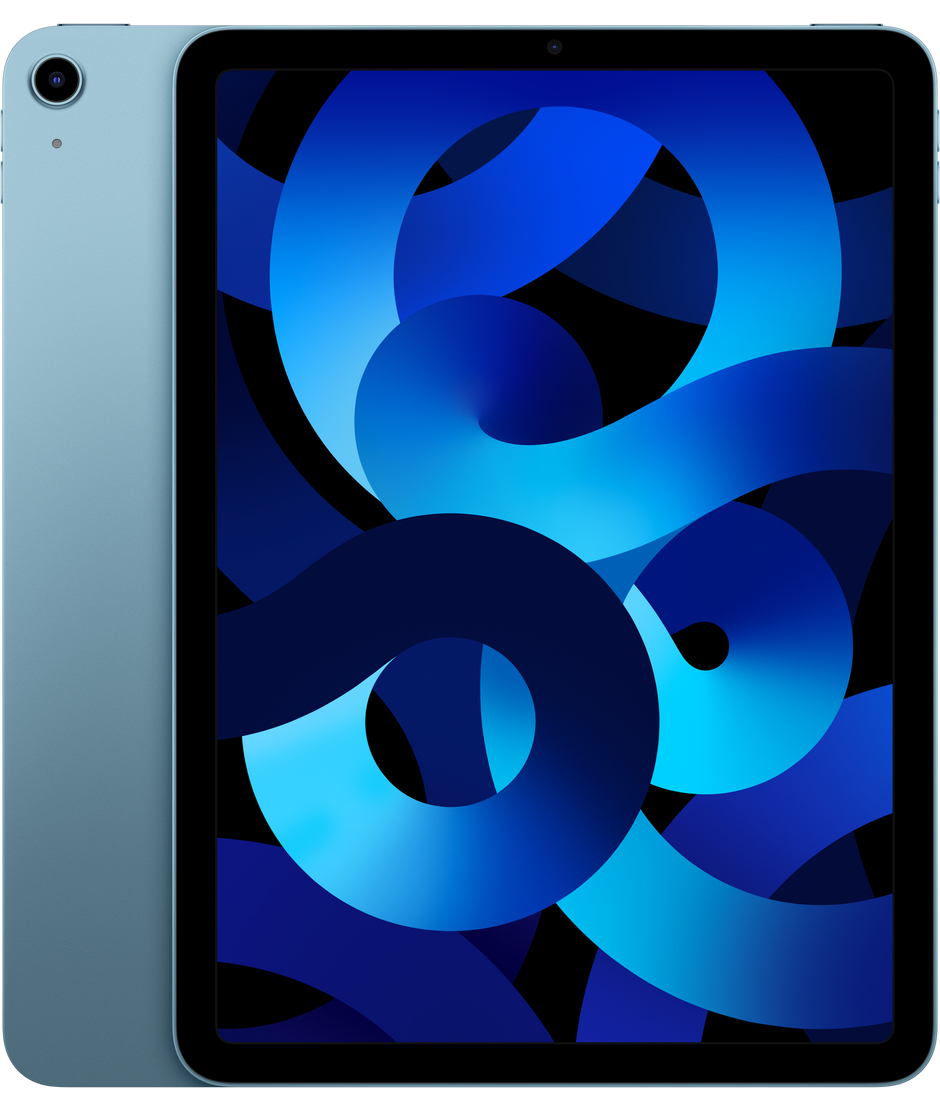Are you wondering which iPad best meets your needs but are confused by the prices? Choosing a new iPad is a balancing act between power, functionality, and cost.

Brief Overview of iPad Models and Target Users
Apple offers iPads for different types of users:
- Regular iPad – for everyday use, studying, web browsing and entertainment
- iPad Air – for creative users who need more power but don’t want to pay the Pro model price
- iPad Pro – for professionals who need maximum performance for video and photo editing, 3D modeling, or other resource-intensive work
Let’s look at how these models differ and how to choose the device that’s right for you.
Design and Display: Clear Differences in Visual Experience
Screen Technologies and Quality
iPad Pro (2024)
- Ultra Retina XDR tandem OLED display, offering excellent contrast and colors
- 120Hz ProMotion technology ensures ultra-smooth scrolling and better drawing precision
- Available in 11″ and 13″ sizes
- Best contrast, vibrant colors and deep black tones
iPad Air
- Liquid Retina LCD display
- 60Hz refresh rate
- Also available in 11″ and 13″ sizes
- Good quality, but not as contrasty as Pro OLED
Regular iPad
- Standard Retina display
- 60Hz refresh rate
- Smaller 10.9″ screen
- Lowest brightness of the three models
Screen differences are noticeable especially when processing detailed images or reading for extended periods. ProMotion technology gives Pro models a noticeable advantage in displaying fast movements.
Performance: Chip Comparison with Practical Examples
There are significant performance differences between iPads:
iPad Pro (2024)
- M4 chip (10-core CPU, 10-core GPU, 16-core Neural Engine)
- Up to 16GB RAM on 1TB and 2TB models
- Geekbench scores: single-core ~3671, multi-core ~14480
- Capable of running the most demanding applications like DaVinci Resolve, Illustrator, and 3D modeling
iPad Air
- M3 chip
- 8GB RAM
- Lower performance metrics than Pro, but still powerful
- Great for Lightroom, Procreate, and running multiple applications simultaneously
Regular iPad
- A-series chip (latest with A16 Bionic)
- 4GB RAM
- Lowest performance of the three
- Great for studying, web browsing, e-book reading, and lighter photo editing
In performance tests, iPad Pro models clearly show better results than others, especially in graphics-intensive applications and games.
Battery Life
According to Apple, all three iPads have about 10 hours of battery life for web browsing or watching videos. In practice, however, it depends on usage:
- iPad Pro – more powerful chip may mean faster battery drain during intensive use
- iPad Air – good balance between performance and battery life
- Regular iPad – often the longest battery life thanks to less demanding hardware
Cameras and LiDAR
iPad Pro
- Most advanced camera system
- LiDAR scanner (for precise 3D mapping and augmented reality applications)
- 12MP front camera with Center Stage feature
- Best for video calls and professional photo/video
iPad Air
- Good quality camera system
- No LiDAR
- Also features Center Stage function
Regular iPad
- Basic level cameras
- Center Stage function available
- Suitable for everyday video calls
Apple Pencil and Keyboard Compatibility
Apple Pencil compatibility:
- iPad Pro – supports Apple Pencil Pro, 2nd generation Pencil, and USB-C Apple Pencil
- iPad Air – supports 2nd generation Apple Pencil and USB-C Apple Pencil
- Regular iPad – supports USB-C Apple Pencil and 1st generation Pencil (with adapter)
Keyboards:
All models support Bluetooth keyboards, but the difference is in compatibility with special keyboards:
- iPad Pro and Air – support Magic Keyboard and Smart Keyboard Folio
- Regular iPad – supports Smart Keyboard Folio, but not Magic Keyboard
Ports and Connectivity
iPad Pro
- USB-C Thunderbolt port
- Wi-Fi 6E and 5G (Cellular models)
- Faster data transfer for external monitors and storage devices
iPad Air
- USB-C port (without Thunderbolt support)
- Wi-Fi 6E and 5G (Cellular models)
Regular iPad
- USB-C port
- Wi-Fi 6 and 4G/5G (Cellular models)
Storage and Price
Storage options:
- iPad Pro: 128GB, 256GB, 512GB, 1TB, 2TB
- iPad Air: 64GB, 256GB
- Regular iPad: 64GB, 256GB
Price range:
- iPad Pro: most expensive, starting at €1000+
- iPad Air: about €400 cheaper than Pro, starting at €600+
- Regular iPad: most affordable, starting at €400+
Refurbished iPad models can offer great value for money.
Pros and Cons
iPad Pro
Pros:
- Premium OLED display with 120Hz refresh rate
- Powerful M4 chip for professional work
- LiDAR scanner for augmented reality applications
- Thunderbolt connection
- 4 speakers for better sound quality
Cons:
- High price
- Power may be excessive for many users
- Heavier than other models
iPad Air
Pros:
- Great balance between price and performance
- M3 chip offers sufficient power for most users
- Supports Magic Keyboard and Apple Pencil 2
- Versatile for both work and entertainment
- Available in various colors
Cons:
- 60Hz display (vs Pro’s 120Hz)
- Limited storage options (max 256GB)
- No LiDAR and Thunderbolt
Regular iPad
Pros:
- Most affordable option
- Good battery life
- All basic functions available
- Great for studying and everyday use
Cons:
- More limited performance
- Fewer accessory options
- Simpler display
- Doesn’t support Magic Keyboard
Usage Recommendations: Which iPad Suits Which Usage Scenario?
School and University
- Recommendation: iPad Air or regular iPad
- Reason: Good balance of price, performance, and functionality. Regular iPad is great for taking notes and reading study materials, Air offers extra power for more complex projects.
Digital Drawing and Design
- Recommendation: iPad Pro or iPad Air
- Reason: Pro model’s 120Hz ProMotion display offers more precise drawing experience and OLED screen provides more accurate color reproduction. Air is still a capable alternative if budget is limited.
Photo and Video Editing
- Recommendation: iPad Pro
- Reason: Powerful M4 chip, more RAM, and better screen make video editing and photo retouching significantly smoother.
Business Use and Multitasking
- Recommendation: iPad Pro or iPad Air
- Reason: Both support Magic Keyboard and multi-window use. Pro offers larger screen and better performance, Air is a more affordable alternative.
Media Consumption, Books, Kids
- Recommendation: Regular iPad
- Reason: Affordable, durable, and powerful enough for watching movies, reading e-books, or for children to play with.
Budget-Conscious User
- Recommendation: Refurbished iPad Air or previous generations of iPad Pro
- Reason: Models from 2-3 generations back offer the best price-to-performance ratio and still support the latest iOS versions.
Why a 2-3 Generation Older Model Might Be a Good Choice
Apple devices typically receive software updates for 5-7 years. This means a 2-3 year old iPad is still:
- Compatible with most new apps and features
- Significantly cheaper than the latest model
- Powerful enough for most users
For example, the iPad Pro 11″ 3rd generation offers the M1 chip, which is still extremely powerful and suitable for demanding tasks.
Frequently Asked Questions
Which Apple Pencil works with which iPad?
- USB-C Apple Pencil works with all newer iPads
- 2nd generation Apple Pencil works with iPad Pro and newer iPad Air models
- 1st generation Apple Pencil works with older iPads and with the newest regular iPad using an adapter
Is 64GB sufficient?
It depends on your use:
- For everyday use, documents, and streaming services, 64GB is usually sufficient
- For photographers, videographers, or gamers, we recommend at least 256GB
How long will an iPad receive updates?
Apple typically supports iPads with software updates for 5-7 years after their release.
Is the ProMotion 120Hz display noticeable?
Yes, especially when drawing, scrolling content, and gaming. For everyday use, the difference may not be as noticeable.
Conclusion: Which iPad is Best for You?
For most users, the iPad Air offers the best balance between price and performance. It’s powerful enough for all common tasks and even professional use.
If you’re looking for maximum performance and the best display, iPad Pro is the clear choice, especially if you regularly work with video, photos, or 3D models.
If you need an iPad mainly for web browsing, reading emails, social media, and entertainment, the regular iPad is still an excellent choice that will save you money.
In UPGREAT’s selection, you’ll find quality refurbished iPads with a 2-year warranty at a more affordable price than new models.
Check out our blog where we share overviews of trends and news. Find us @ upgreat.ee
To stay updated with Upgreat campaigns, add us as a friend on FB or follow us on Instagram.






